Alentejo, Alentejo (2014)
ジャンル : ドキュメンタリー
上映時間 : 1時間 38分
演出 : Sérgio Tréfaut
シノプシス
Following international recognition of Fado, Portugal recently submitted to UNESCO the polyphonic songs of the Alentejo, known as Cante Alentejano, or just Cante, as an Intangible Cultural Heritage of Humanity. This film will be a journey into the hot Alentejo countryside (Southern region of Portugal) discovering Cante music and the life of its performers. Not many people outside Portugal know about these a capella polyphonic choirs, typically formed by 20 to 30 male agricultural workers or miners, that seem to express the deep voice of the Earth.

The adventures of Kit Bellew and his friend Shorty during the gold fever at the end of the 19th century.

Caleidoscope of documentary-like scenes and re-enacted episodes of a day in the life of a large port town - Lisbon, from the old district around Saint George's Castle down to the docks and the 'Sagres' on the Tagus river, to the new commercial districts.

The film is set in Lisbon, and tells the story of a day in the life of Rita and Paulo, a Portuguese young couple of the 90's. The fast changing city around them makes them wish to break with all traditions and live the day the get married (only civil marriage) like it is an ordinary day.

The lives of two women intersect.
![2+2=22 [The Alphabet]](https://moviedb.kr/index.php/image/w500/5hxLZe2Wm0kN2x4oOEHEJoQtJij.jpg)
Worn-down pavements, broken paving stones. Trees that jut out of the concrete, casting shadows on to crumbling façades. The centre of Tbilisi in the summer of 2013. Glimpses of side and main streets, over railings and under balconies, of an architectural cacophony. The voiceover spoken by Natja Brunckhorst reflects on the nature of streets and public spaces.

This film tries to make a silent record of the arrival of an economy of scale, its flows, and its effects upon the transformation of an island’s physical and human landscape.

Gabino, Luisa and Paco share a small apartment in Mexico City. With no money and nothing to do they decice to leave the city.

Through a series of interviews and enactments we learn the story of Nico and Amalio, two children who lost a friend while climbing a mountain. Documentary and fiction seamlessly merge creating a hybrid, poetic film.

The City of the Dead, in Cairo, is the biggest necropolis in the world. One million inhabitants live there: in the tomb houses or in the buildings that have grown up around the tombs. We can find bakeries, coffee shops, markets, school for the children, mechanics for the cars. Everything inside the cemetery. The City of the Dead is gigantic but it feels like a small village. Mothers want to marry their daughters, boys keep chasing the girls. These things never change. It doesn't matter if you live in a big city, in a village or in a cemetery.

A West African pig farmer has a religious vision, wherein he is told that he'll be Magloire the First, a prophet of Christ. He then sets out to rid his local villagers of superstition and instead save them for Jesus.

The film covers a hundred years in the lives of the Ricordi family, the Milan publishing house of the title, and the various composers and other historic personalities, whose careers intersected with the growth of the Ricordi house. It beautifully draws the parallel between the great music of the composers, the historic and social upheavals of their times, as well as the "smaller stories" of the successive generations of Ricordi.
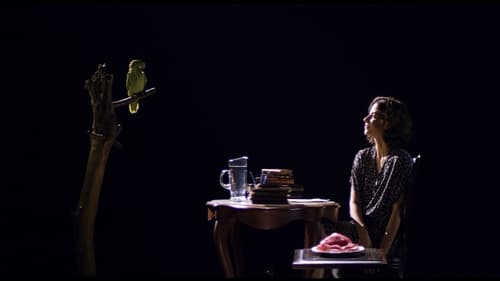
A delicate and tenacious writer, widowed three years ago, engages in frequent conversations with a parrot. However, she’s always observed by a large portion of raw meat.
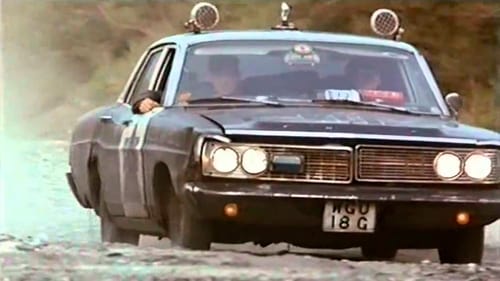
The Justified Ancients of Mu Mu, King Boy D and Rockman Rock, try to find and gain access to the mystical White Room. They leave a party at their house and drive in their 1968 US Cop Car through night-time London and the dusty plains of the Sierra Nevada region of Spain. There they face judgement: will they be allowed to enter the White Room? Meanwhile their lawyer David Franks tries to find a loophole to free them from their contract with Eternity.
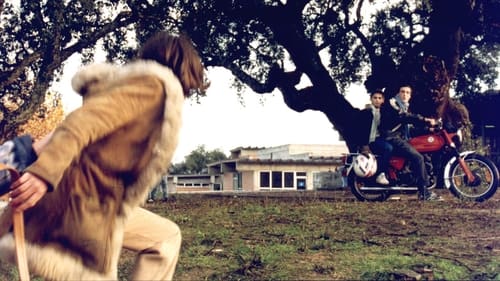
Gloria is set against the backdrop of a rural landscape slowly disappearing in modern Portugal. The small border town of Vila de Santiago, once a booming trade center for illegal trafficking, is about to become a ghost town, as a new motorway is to bypass the city and the railway station is being closed. Its stationmaster, Vincente, is preparing to retire. Many young people have moved out, leaving the children to be brought up by the elderly, including thirteen-year-old Glória and her friend Ivan. Glória's life suddenly changes with the arrival of Vincente's younger brother, Mauro, who has just come out of prison and has some old issues to settle. Mauro begins to charge around the station on his motorbike, while Glória's friendship with Ivan is put to test on account of her attraction to older Mauro.
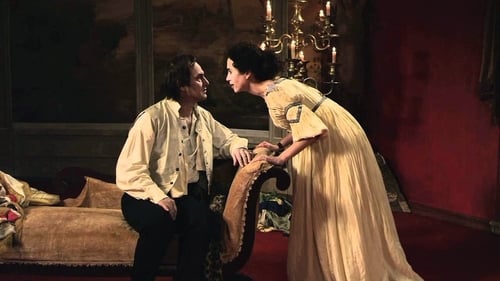
Roberto is one of those men to whom simulation has become the greatest art. He is an unmoved, inscrutable, mysterious man. But the truth is that Robert feels an intimate, deep tedium. The boredom of those who have already exhausted all the pleasures of life. The only thing still surprising him is the fact that nothing surprises him anymore. One evening he has an overwhelming encounter with a woman. For his own bewilderment, he discovers the sublime horrors in which the woman has sank.

Bafiokadié and his sister Téné leave their village in Africa to find their lost blue bird before the day is over, but they find much more along the way. Loosely based on a stage play by Maurice Maeterlinck.
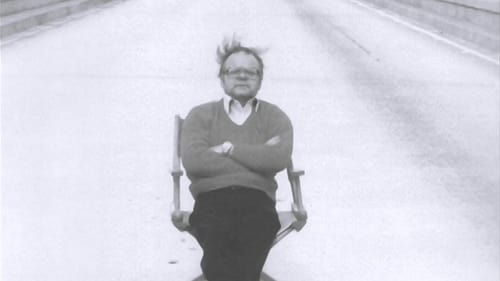
This documentary examines the life and legacy of controversial Italian filmmaker Lucio Fulci through interviews with his colleagues, each of whom answers the question, "What is your fondest memory of Lucio Fulci?". The responses are as varied as the people who knew the late writer-director, providing a nuanced look at the man behind such gory grindhouse classics as City of the Living Dead and The House by the Cemetery.
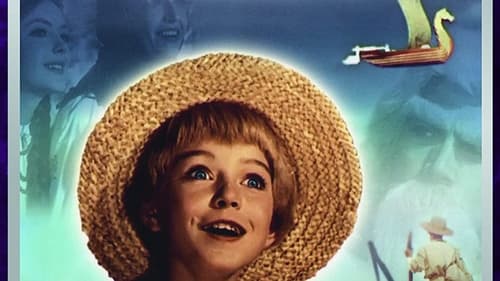
Ukrainian folk tale. The hero of the story, Kotigoroschko sets off on an arduous journey to find his sister Olenka, who has been kidnapped by an evil dragon. Dangers lurk everywhere. Everywhere the submissive servants of the dragon fight him, but again and again, good-hearted people help the brave young knight survive the adventurous journey: they give him a sword, life-giving water and a flying ship. Finally Kotigoroschko enters the realm of the dragon...

Heinz Emigholz, the premiere purveyor of architectural oddities (Sullivan's Bridges, Goff in the Desert), meticulously documents 15 rooms of the enormous Villa Cargnacco in Lombardy, Italy, designed by proto-fascist poet Gabriele D'Annunzio (1863-1938). The controversial figure spent 17 years designing the Vittoriale, a state museum on Lake Garda, and furnishing the Villa Cargnacco, which is part of the grand complex. This unusual documentary resulted from a photography session in the villa, when four friends--cinematographers Irene von Alberti, Elfi Mikesch, Klaus Wyborny and Heinz Emigholz--simultaneously filmed the rooms and furnishings of the villa in their own specific styles.

"[...] Looking back, I now feel that I understand that the film was my response to the two entities, Man and Nature competing for space in the local vicinity where I lived, ergo layers of images and sounds compete for attention in the film. Where fields used to be, they were being replaced with factories, power stations, and wind farms. My film is an irresolution. Are any of these things beneficial enough to be warranted? Isn't it all a folly? I don't know. It is not a negative film, nor a positive one. Just a comment. A comment that my subconscious commanded me to make; inspired by the locations that I passed... and the locations that have passed. At the end of the film, a human hand reaches out, as if trying to find a resolution, a reason for anything and everything - but everything, even the nature seems so fake now, like trying to feel the flesh of a mere projection..." - Scott Barley

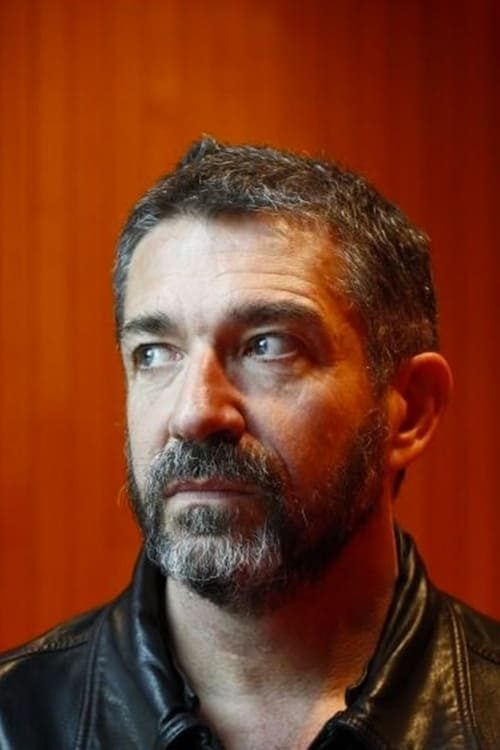


![2+2=22 [The Alphabet]](https://moviedb.kr/index.php/image/w500/5hxLZe2Wm0kN2x4oOEHEJoQtJij.jpg)






